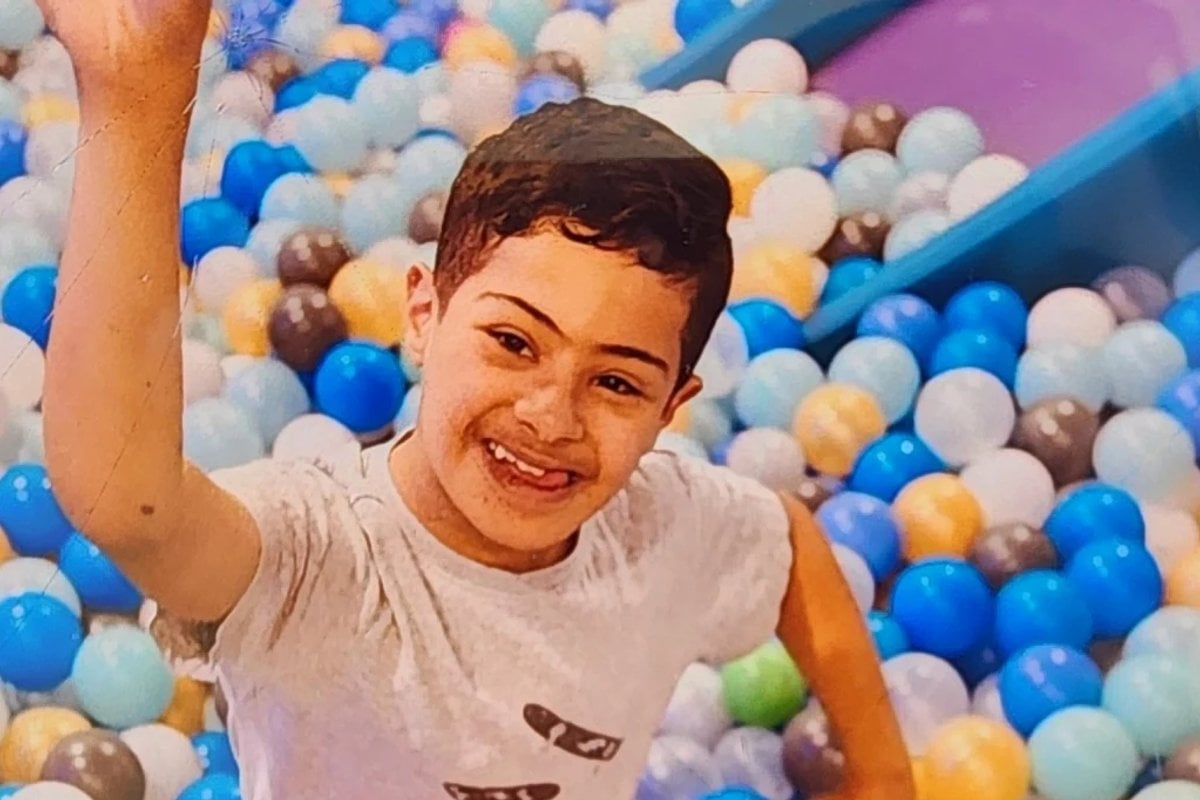
At 12:40pm on Monday, 12-year-old Hussein Al Mansoory was found safe and well in Sydney after a frantic three-day search.
For two long nights, Hussein, who is non-verbal and lives with Down syndrome and autism was on his own in the suburb of Auburn, last seen on Saturday morning near a local park.
"This is as high-risk as it gets for us as a missing person," Auburn police superintendent Simon Glasser told the media, as they appealed for the public's help in locating the boy.
More than a hundred SES volunteers helped search, blasting Hussein's favourite song — Queen's Bohemian Rhapsody — from speakers, in the hopes of drawing him out.
Locals were encouraged to check possible hiding spots near their homes and businesses — stairwells, foyers, garages, sheds, fire escapes.
The community rallied, and it was a good samaritan that helped reunite him with his family. A staff member at a medical centre thought to check the facility's fire escape and found Hussein sitting there and (thankfully) smiling.
Amazingly, this story ended well. It showed us how quickly many in our society will run to those in need and how amazing people can be in a crisis.
It also showed us something ugly.
There are a series of photos I can't get out of my head.
They were taken at about midday Saturday by CCTV cameras at Auburn train station and showed a shoe-less Hussein wandering around in a shirt and a nappy.
Auburn train station is a busy suburban hub, even on weekends. In one photo of Hussein, at least three adults can be seen in close proximity to him.
In another, he's snapped close to the turnstiles. Again, a very public area of the station.


Top Comments